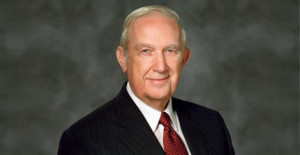We are delighted to feature a guest post reflection from Mofem matriarch Bradamante.
Sometime in the mid-oughts, one of my grown children, who was undergoing a faith transition at the time, remarked to me that the Church I grew up in wasn’t the one he grew up in. He was certainly right about that, though I honestly hadn’t noticed this when he was actually growing up. I had, foolishly as it turns out, thought that it would be the birthright of all of my kids to experience the same optimistic and nurturing Mormon adolescent experience that I had been (as I realize now) unbelievably fortunate to have had. It had actually been one of the things I had looked forward to most when I anticipated my future family, back in the day: that the Church would nurture them as it had nurtured me. I had internalized the “it takes a village” idea long before Hillary Clinton came on the scene to articulate it, and I looked forward to raising my kids in that village.
Privilege. So often you don’t know you have it. Growing up in that uncorrelated Eden of the past,* I had no way of knowing how much things would change. Read More


